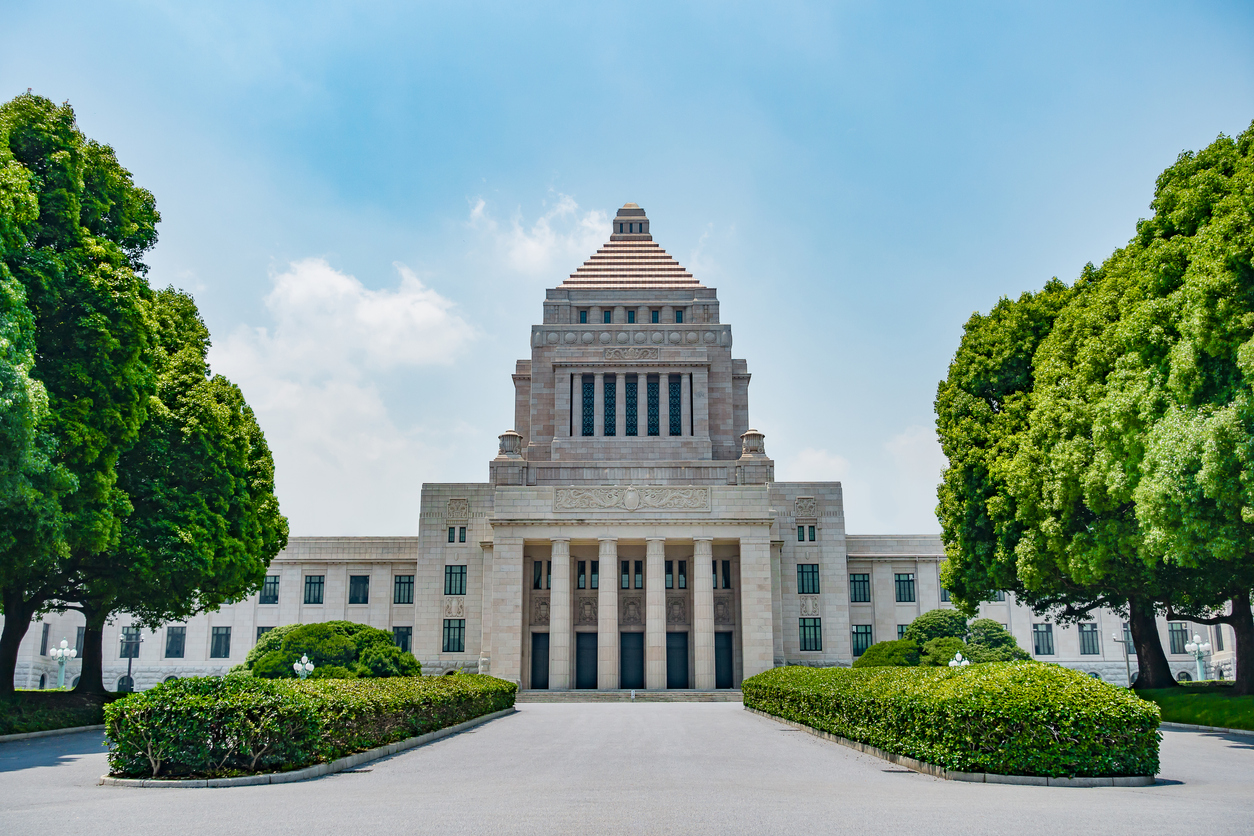2021/12/06
Safety Assurance is Not Guaranteed by a 100,000-Yen Handout for Children; Fundamental and Comprehensive Policy Formulation and Implementation is Desired

Prime Minister Kishida’s second Cabinet started on November 10 receiving public confidence as a result of the latest Lower House election. The first task of the cabinet was an agreement with its coalition partner Komeito on "income cap for cash benefits to be distributed to children." As it is generally reported, this political agreement is gaining disreputation from every layer of society. A sense of discomfort arising in public implies that we are not fooled by a “face-saving compromise” only to fulfill the election promises to supporters in return for their “votes.” Furthermore, similar financial aid programs such as vouchers to holders of "My Number" national individual identification cards, a 100,000-yen cash handout for students, and benefits up to 2.5 million-yen for business owners are brought into discussion. However, the focus of the overall policy design is so vague and inconsistent that it is doubtful whether the stimulus plans work effectively or not.
According to the manifestation stated on the website of the Prime Minister's Office, the first and foremost measure is to promote "Economic measures to overcome new coronavirus infecrions and to carve out a new era.” Exactly, if "measures for the new coronavirus are taken first of all" and then economic recovery based on the optimal preparation for the pandemic takes top priority, it is inevitable to re-evaluate the past countermeasures taken since January last year, which have often invited public complaint due to slow and reactive approach. Subsequently, a grand design for the resurgence should be shown clearly.
Specifically, wide-ranging measures include inter-regional cooperation across prefectures and local governments; expansion and improvement of hospital beds and testing systems; registration of potential healthcare workers; regular training opportunity with corresponding compensation; review of Act on Public Health Nurses, Midwives and Nurses; assurance of residential care facilities; medical device preparation; enhancement of online medical care; reconstruction of logistics; governance of expert conferences; clarification of a commander, etc. Issues to be discussed have already been presented on a table, and now formulation of comprehensive measures for time-limited implementation is desired.
On the other hand, a large number of businesses across industries are confronted with financial hardship. Fair compensation is absolutely necessary in response to the business restrictions required virtually in a compulsory manner. Now is the time to check if there is any deficiency in the current process of distributing benefits. Looking at some numerical data, the number of bankruptcies stays the lowest level in 30 years. And the balance of approved credit guarantee reached 43 trillion yen, which increased to more than double from pre-COVID-19 levels. Subrogation payments also remain at a low level. In fact, money is circulated reasonably. Then, who need to be offered help? Business owners forced to close business instead of borrowing another money are mostly elderly people. If that is the reality, a best clue is not a handout but a direct support for continuing business and promoting business condition reform. I will not deny the effect of benefits to overcome the emergent difficulty, but the root-cause of the problem cannot be solved by a lump sum payment. The same goes for supporting people in need. The core of the political subjects should be placed on restructuring of safety-net procedure, expansion of employment opportunities, as well as sustainable increase of real wages.
As far as the new coronavirus pandemic is concerned, the basic recognition of the problem is shared in common regardless of any political faction in the ruling parties or in the opposition parties. Diet lawmakers may temporarily step back from the promises they made with their supporters. That is, stop disturbing favors for some time. Instead, formulate integrated medical and economic measures respectively in such a way that they can keep political "balance" between effects and budgets, hopefully before the arrival of the sixth wave and for the preparation of another medical disaster-in-waiting.
This Week’s Focus, November 12
Takashi Mizukoshi, the President